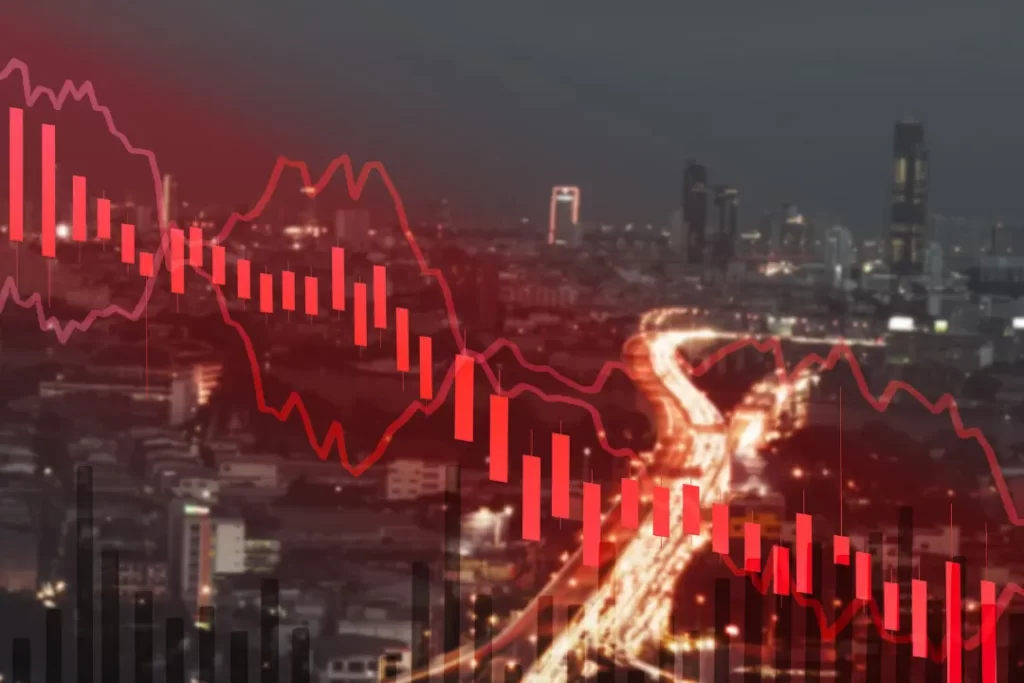Recently, I watched a great Netflix documentary about the meteoric rise of video game retailer GameStop’s stock. Called Eat the Rich: The GameStop Saga, the film dives into how a loose network of retail investors connecting through internet message boards set out to make money and punish hedge funds. While they (sort of) succeeded in their quest to hurt funds who had shorted the stock, not all who bought shares found a path to wealth. The stock came down much faster than it rose, wiping out billions in value for retail investors.
The GameStop story may never have developed the way it did without the existence of the investment platform Robinhood. Robinhood revolutionized how many people buy stocks. It is mobile-first. Its interface is exceptionally easy to navigate. It introduced elements of gamification. It didn’t require large deposits to get started. Its name implied a mission beyond facilitating trades – one of the little investor finally getting their due after the “establishment” had been reaping huge profits for decades. In short, it was tailor-made to help a group of small investors move markets.
The story of GameStop, and the part Robinhood played, rang familiar with the recent collapse of FTX, a cryptocurrency exchange. The underlying reasons for GameStop and FTX’s rise and fall are radically different. Still, one similarity stands out: young investors played a central role in both stories.
The traits I detailed earlier that characterized Robinhood’s platform were tailor-made to appeal to younger investors. And appeal they did. According to MarketWatch, the median age for Robinhood users in 2021 was 31. To put that in context, the median age for the holder of a Vanguard brokerage account is 54. Robinhood brought millions of young people into the world of individual investing.
These demographics are mirrored in the crypto world. According to a Pew survey, only 16% of U.S. adults have invested in, traded, or used a cryptocurrency, but 43% of men aged 18-29 had. Women in that same age group also engaged with crypto at a greater rate than the general population (19%).
Youth, it seems, loves risk and an opportunity to stick it to the establishment. Crypto, after all, isn’t just a volatile asset, it has been touted as a vehicle for social change, much like meme stocks. Some have touted crypto as a way to free the world from central banks and break tech-giants’ hold on data, among other lofty possibilities.

I’m not here to criticize young people who invest in meme stocks and crypto. But if you are looking at buying and selling these assets as a primary way to rapid wealth and as a way to quickly and permanently “change the system,” you probably won’t achieve either goal. And that’s because building wealth and changing systems takes time. And when we are young, our sense of time is warped.
I know. I’ve experienced it. When I graduated from college, I was obligated to spend five years in the military to pay the Air Force back for the scholarship they gave me to attend school. I was happy to do it; I had always wanted to serve. But I also remember thinking that five years was an eternity. It seemed like ten years before I lived it and two years after. I’ve since learned that this feeling is common when we are young. My own children have said things that indicate they feel it.
What’s weird is this: counterintuitively, the sense that time stretches before us endlessly when we are young makes us impatient. We don’t want to wait to change the world. We don’t want to wait to build wealth. We want to get it done now, not because we don’t have time, but because ten years from now might as well be 1,000 years from now when you are young. And waiting that long – even though it’s not that long – will be soul-crushing. There must be a shortcut.
But there isn’t. Yes, some people can, in a day or week or month, cause institutions to change or make $10 million in a single trade (or do both!). But they are the very rare exception. You likely are not one of those exceptions. Don’t take offense to that. It’s just true. All stories of instant wealth or radical social change are built on the coming together of many disparate things, things that a single individual never has complete control over. Said another way, you can’t just be good; you must be lucky. No matter how hard you work to get that quick win, the outcome won’t always be completely in your control.
It’s important to remind yourself of this regularly. Play the long game. And be deliberate when you play it. Play it in investing, in activism, in career planning, in relationships. While there are no guarantees, you probably have plenty of time, so use it. Not only will you increase the likelihood of success, but you will ensure that success is enduring. If you do want to make bigger bets, fine. But be cautious about “betting the farm.” Any worthy goal is worth working toward with patience.